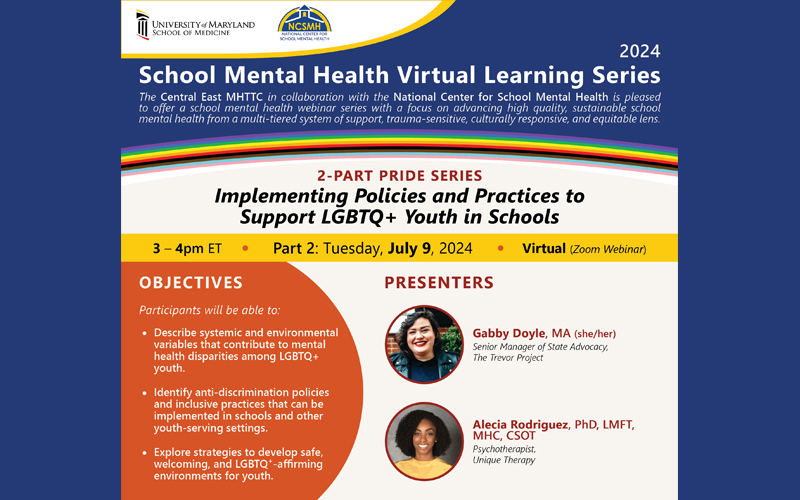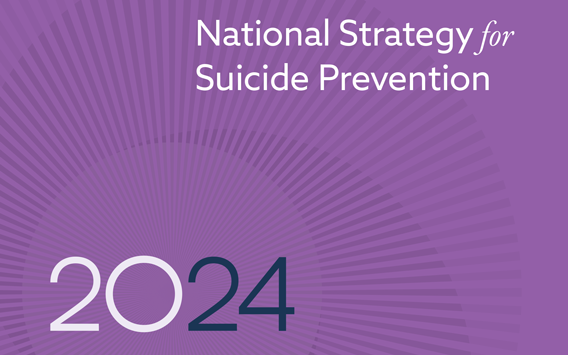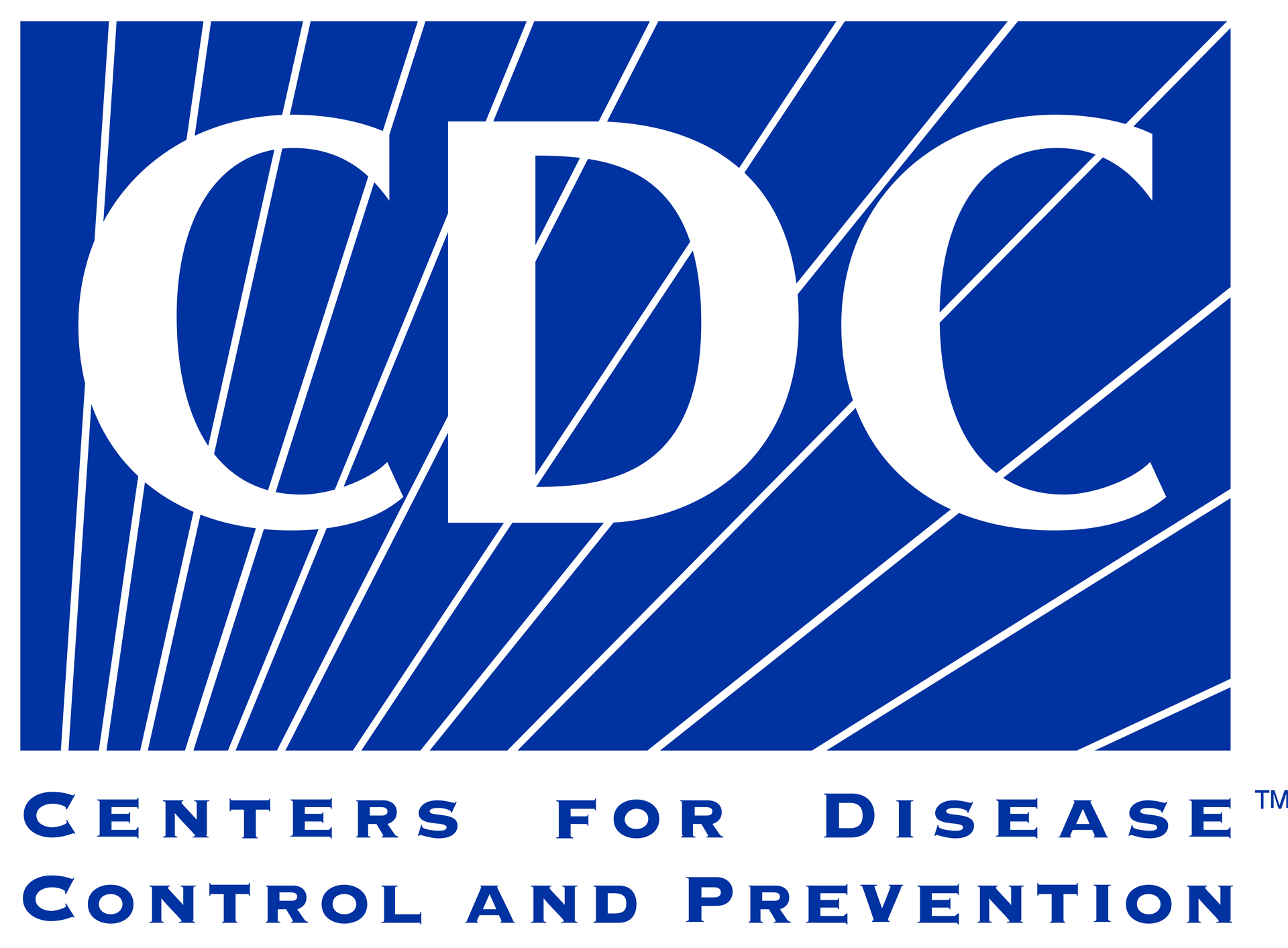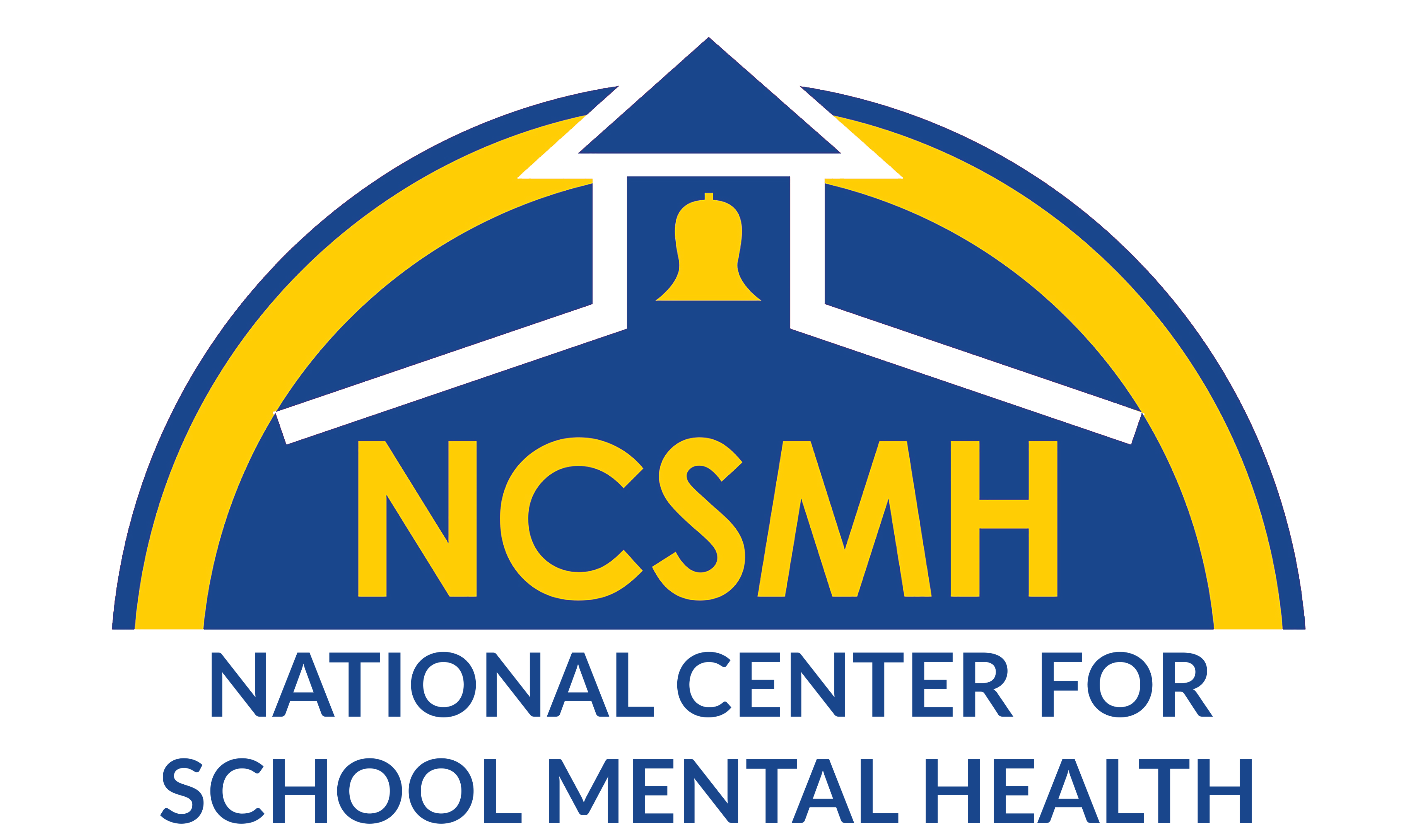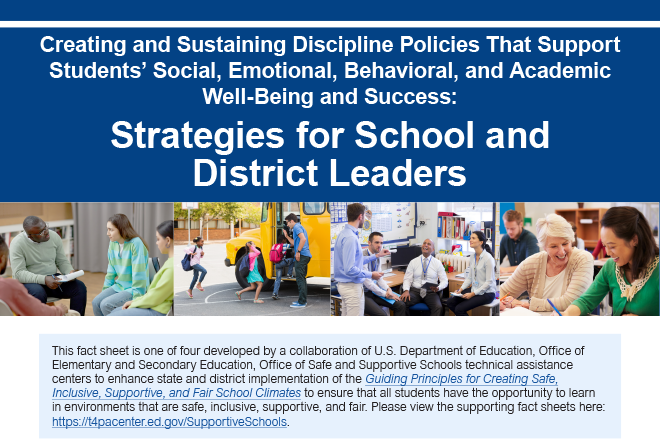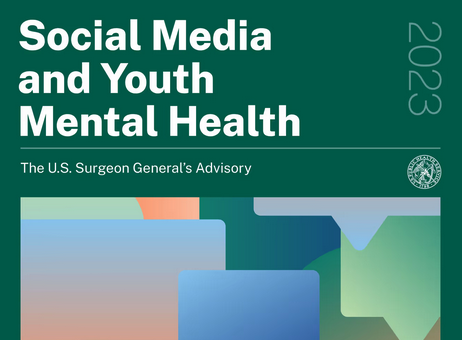Implementation supports are critical to delivering effective interventions. Learn about how a district coaching model and online professional development system supported sustainability, scalability, and positive student outcomes for CW-FIT.
We are conducting a cluster randomized control trial (RCT) to examine the effects of the BEST in CLASS training and coaching relative to a business-as-usual control. In addition, we are conducting coach focus groups to understand implementation of the Tier 2 training and PBC intervention strategies under routine conditions where ECE programs are required to build coaching capacity for program delivery.
The Central East MHTTC in collaboration with the National Center for School Mental Health (NCSMH) offers a school mental health webinar series with a focus on advancing high quality, sustainable school mental health from a multi-tiered system of support, trauma-sensitive, culturally responsive, and equitable lens.
Designed for whole-class instruction, Classcraft™ supports the craft of teaching by providing efficacious academic content and tools that foster a positive classroom climate. Classcraft enables consistent, seamless delivery of research-based academic lessons that gets students excited about school and increases their engagement. Pre-built, standards-aligned, whole-class instruction provides educators with real-time insights to support in-class remediation.
Schools are prioritizing students’ mental health, and there are many tools and resources to choose from. CDC created this action guide as a place to start. It can help school and district leaders build on what they are already doing to promote students’ mental health and find new strategies to fill in gaps.
The Office of the U.S. Surgeon General released a general advisory report in May 2023 on public health concerns related to youth’s use of social media. This report on Social Media and Youth Mental Health includes research on the positive and negative impacts of social media use on youth health and well-being. Read about what policymakers, technology companies, parents and caregivers, youth, and researchers can do to create safer and healthier online environments for children.

